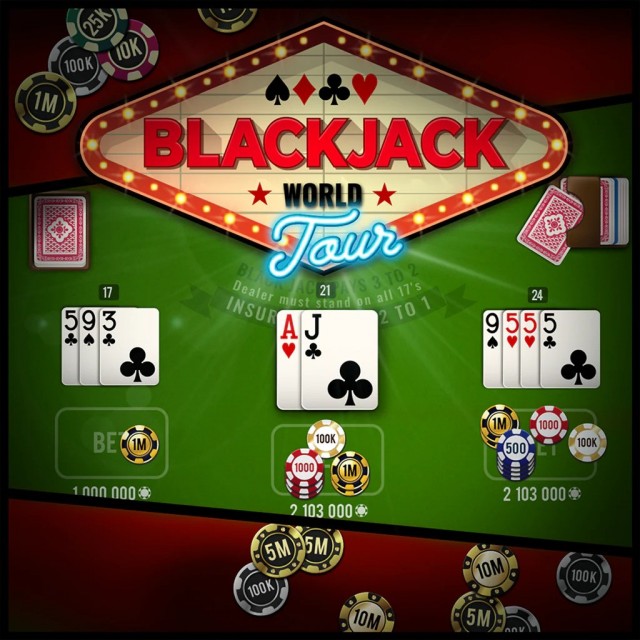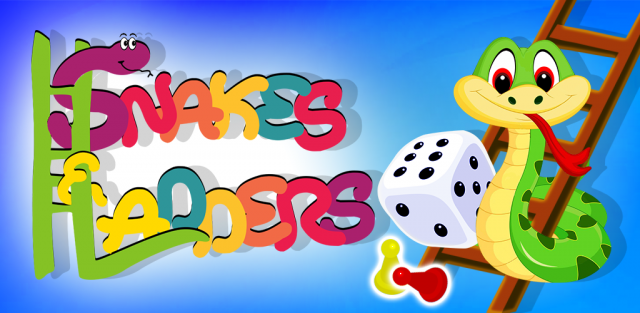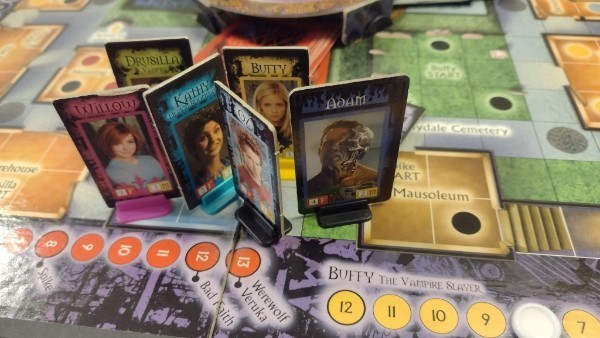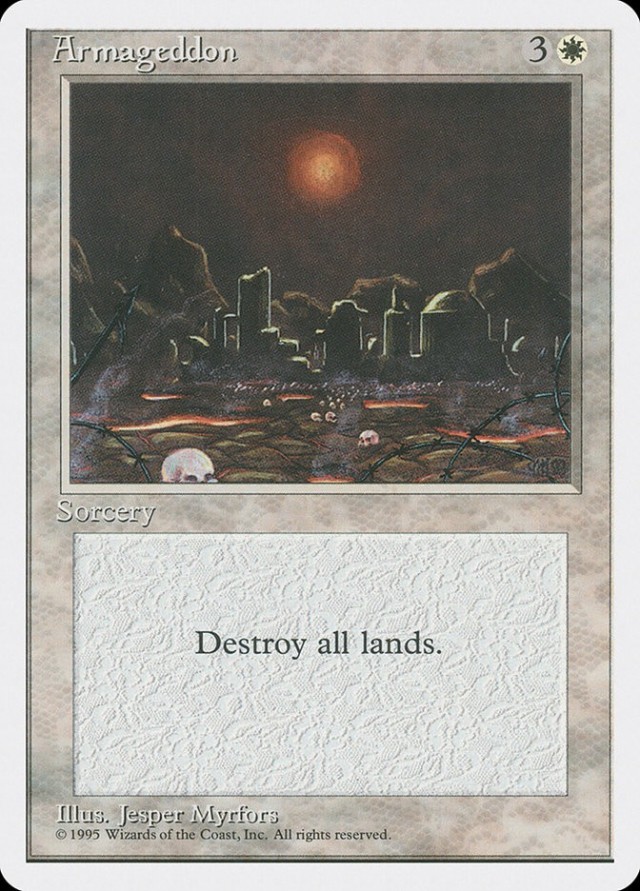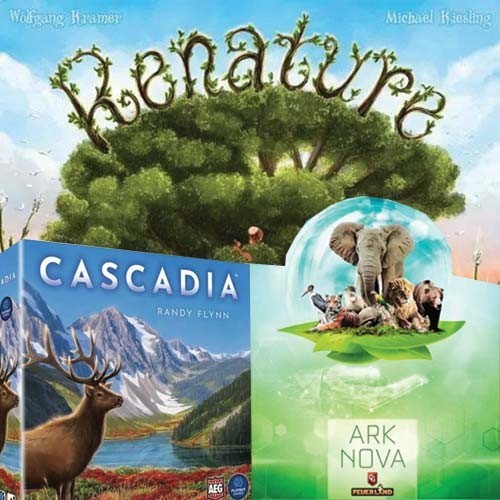My observations; The Characteristics of Games by George Skaff, Elias, Richard Garfield and K. Robert Gutschera.
Its 04.20 am and I can't sleep. Usually when I can't sleep I read, and lately I've been reading this book. Fortunately I’ve just finished it, so I can give you my observations...
Roughly a century ago history and geography were subjects of categorising and describing stuff. Most school kids are still taught this way, and pub quiz specialists are too (as are the UK conservative government apparently http://www.newstatesman.com/lifestyle/education/2013/03/rote-sets). In the more modern world, and at more advanced education levels these subjects are about analyising and understanding causes and results. The question has moved from what, and when, and where, to why.
I bought the Characteristics of Games because I hoped to see the whys underlying the inner game mechanics at the root of every game. The book covers all games, board games, RPGs, video games, sports etc, and I hoped to see this variety of entertainment at a deeper level. Whilst at times the book does tread on this ground its really a book set in the early stages of its subjects science. It describes and categorises; how many players does a game have? What are the differences between 1, 2 and multiplayer games?
For most of those that frequent this site, the answers to these questions are probably fairly apparent to you. You play games, and think about them enough to at least come here and read, or even write about your thoughts on games. I spent the first three chapters of this book wondering who it was aimed at. Who is the target audience for a book that describes games? People who play games might be inclined to buy it and read, but then they are aware of 90% of this stuff, even if they haven't articulated and categorised it quite so well. People who don't play games, well why would they read it?
It is a book aimed at gamers, and according to the back game designers too. Fortunately the content does improve, if even in a patchy manner. The sections on snowball and catch-up, complexity trees, game balance, randomness, luck and skill, and reward/effort ratios all had more meat on the bone. Here I learnt some things I didn't already know, or at least read them in ways that had not occurred to me before. It wasn't all new, but at least it felt fresh. Beyond just describing what catch-up is, a system in the game that brings the players more level in terms of their chances to win, the writer gives us a mathematical formulaic description of this system. There are line graphs of player chances to win over time, with different graphs for games that snowball, or have strong catch-up mechanisms, or games where only the end game really matters. This sort of detail is what I had been hoping for in the whole book.
So why is so much of the book just descriptions of either the obvious, or the deducible? For some I suppose what I, or you might think is obvious it might not be and the back page of the book is correct as far as I’m aware, in that such an account of games didn't already exist. There is a second reason however. Going back to my history lesson at the start. It is only once histories and geographies of the world had been categorised that they could then be discussed, analysed and examined in greater depth. Whilst games aren't something new, their study by more than a very limited number of people is a relatively new thing. The Characteristics of Games describes the Characteristics of games because it needs to for completeness. The book aims to be comprehensive and cover all games, and all their characteristics. Whilst I can see the merit in this, I wonder whether a tighter focus would have produced a more insightful book.
At 244 pages plus some interesting appendixes I felt I got a good 50ish pages of what I was really hoping for. A large part of the responsibility for this lies with my mistaken view on what the book was offering. I was hoping to see a few games, or mechanics really broken down and discussed in depth. Perhaps I might have a bash at this in a future post and we'll see if I really understand the game I choose as well as I think I do.
One other comment I’d make is on what board gamers in particular commonly call theme, and the book titles conceit. The subject has five to ten pages devoted to it, most of which deal with the value of popular IPs. The bases are covered; a conceit allows players to understand values and mechanics in a game, since they related to known stories or the real world, a conceit with a popular IP can attract a new audience etc etc. However, whilst the book does mention the importance of the conceit to peoples enjoyment of a game, in think it rather undersells it. If you ask most people about a game they've either played or just seen, they often talk about the conceit far more than anything else, or at least their experience of it. Games are both a game, but also an experience, and an engaging narrative experience can make a game with simply sound mechanics into a great game.
Its 05.15, I’ll try to get some sleep.
 Games
Games How to resolve AdBlock issue?
How to resolve AdBlock issue? 
